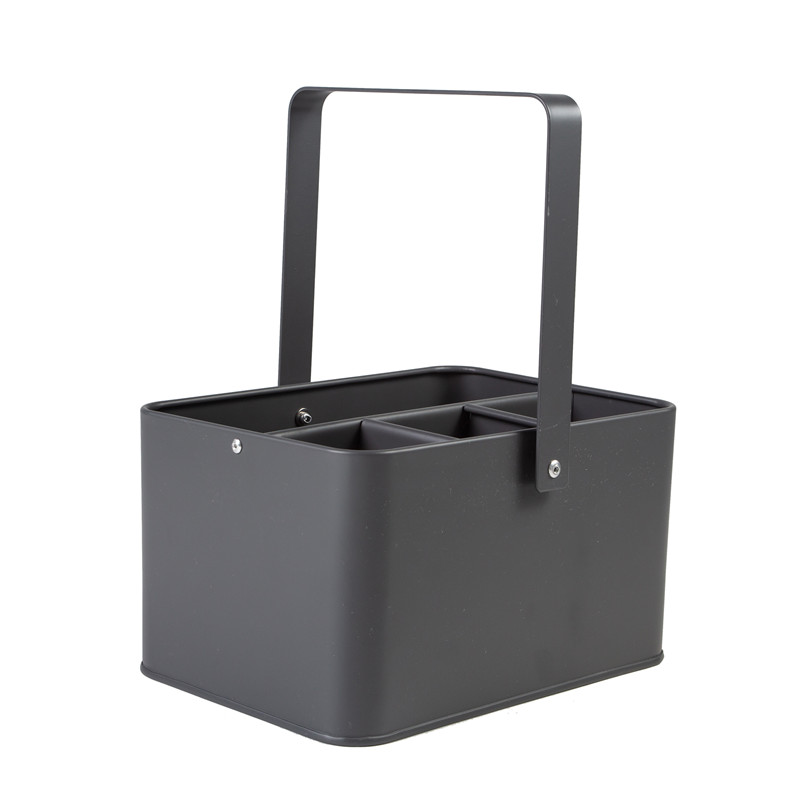On August 24, the State Council issued the Guiding Opinion on Further Expanding and Upgrading the Potential of Domestic Demand for Sustained Release of Information Consumption, put forward the proposal of fully releasing the potential of domestic demand, expanding and upgrading the deployment of information consumption, and accelerating the study of the standard of 5th Generation Mobile Communications (5G) Test and industry promotion, made it clear that they will strive to start 5G business by 2020.
In fact, in addition to China, a number of countries around the world have released a 5G road map: Russia has been the development of 5G as a priority, according to the plan, the first batch of 5G users will appear in Moscow in 2021; the British government in 2017 3 In addition, South Korea intends to take the lead in using 5G communications at the 2018 Winter Olympics. Japan, as host of the 2020 Tokyo Olympic Games, plans to officially provide 5G communications technology services in 2020 ...
Just when everyone is ready to embrace the 5G era with open hands, has anyone ever thought that 5G is really so easy to achieve? From 4G to 5G, only one G gap? The answer is obviously no. In fact, the popularity of 5G technology is also faced with multiple tests.
Global communications standards are still difficult to unify
Industry standards have been a "headache" that plagued many emerging industries, and 5G is no exception as next-generation communications technology. In July of this year, China and the United States, Europe, Japan and South Korea will standardize their communications around the next generation of ultra-high speed wireless 5G technology. They plan to reach consensus on frequency standards around 2020 for commonality in the global market Equipment and related products.
However, in order to compete for the communications industry and for the sake of national interests, the 5G standard in the reunification process will inevitably lead to a no-nonsense battle, who do not want preemptive, dominate the 5G market? From this point of view, The unification of global communications standards may still have a long way to go.
The problem of shortage of spectrum resources still exists
As we all know, in the field of mobile communications, spectrum resources are the core resources for promoting industrial development. For now, although PHS accelerates the 4G spectrum for operators, the problem of spectrum resources is not completely solved. With the advent of the 5G era, the market demand for spectrum resources will continue to grow, and the shortage of spectrum resources will worsen.
Some data show that China's spectrum demand is expected to reach 1490MHz-1810MHz in 2020; considering that the potential candidate frequency bands for IMT in the future mainly include 3300-3400MHz, 4400-4500MHz, 4800-4990MHz and 3400-3600MHz, it is easy to see that the 5G era spectrum resources The contradiction between supply and demand will be more prominent.
The contradiction between high investment and slow returns
Morgan Stanley earlier listed China Mobile and China Unicom as "not proposing to invest in shares in telecom companies in Asia," on the ground that "the 5G business has invested too much in capital and its rate of return is low."
Indeed to meet the needs of the era of 5G, operators will adopt a higher frequency band and nationwide coverage spectrum, which will undoubtedly significantly boost capital investment. Morgan Stanley expects China's mobile capital spending in 2019 to 2023 will reach 480 billion yuan. As the expected 5G can not be commercialized rapidly after 2020, it will eventually drag down the internal rate of return of China Mobile. At this stage, the contradiction between investment and return is obviously difficult to run, some companies will be more cautious 5G investment, or even withdraw from wait and see, which is not conducive to the rapid development of 5G to promote.
Faster speeds lead to higher traffic rates
Put aside these issues of technology, capital and other issues, the majority of users, the 5G tariff is clearly more concerned about them. 5G in bringing faster speed, higher quality of communication at the same time, the price will soar?
To know that 5G base station construction requires a lot of capital investment, on this point of view, the traffic tariff will not be as many consumers expect it to drop just not increase. And for operators, raising traffic tariffs can improve performance and achieve greater profits.
However, with the approaching 5G footsteps and the intensified market competition, operators will not only increase their investment in technical funds, but also lower their prices to win more markets. From this point of view, the growth of the future 5G tariffs The rate will not be too large, the problem of soaring costs will not exist for a long time.
We're professional factory producing household tin products, such as Cleaning Tool Caddy with customized logos and customized colors.
Our Cleaning Caddy are made from galvanized steel and tinplate materials, environmental-friendly and durable, withstanding the test of time, and they can all be applied with powder coated on the suface, making the House Cleaning Caddy more colorful and beautiful.
Comparing to other similar manufacturers, our are more competitive in prices, durable in quality.
You can use Housekeeper cleaning caddy for tool storage or for multi-purpose storage.
We are Manufacturer and Supplier from Jiangmen City, China, but we sell products to European, North America, enjoying a large market all over the world.



Cleaning Tool Caddy,Deep Cleaning Caddy,House Cleaning Caddy,Housekeeper cleaning caddy, Home metal cleaning caddy
Jiangmen Kimleyda Hardware Co., Ltd , https://www.kldmetalware.com
